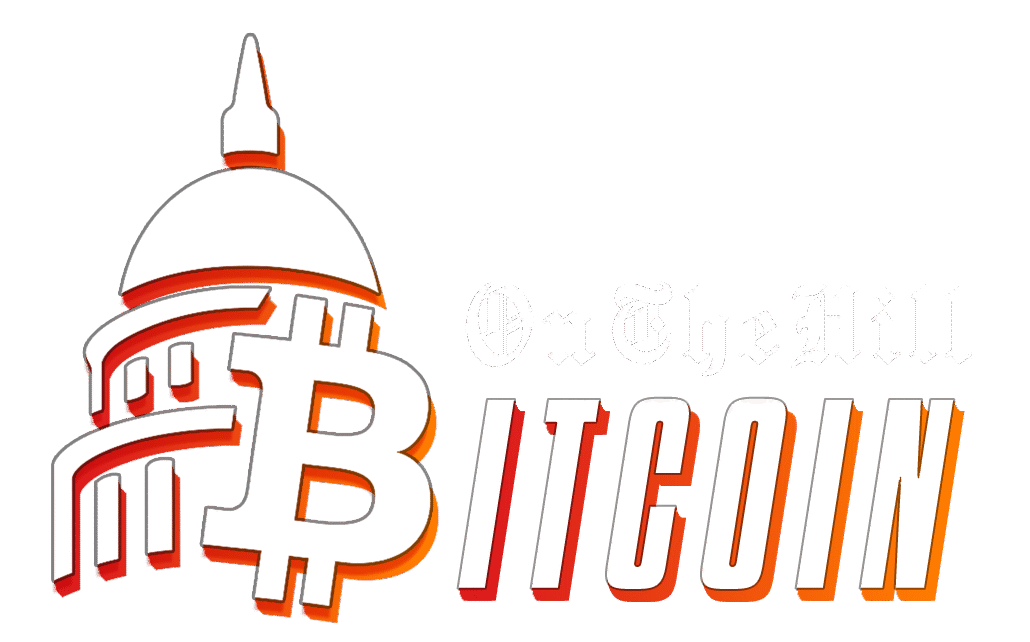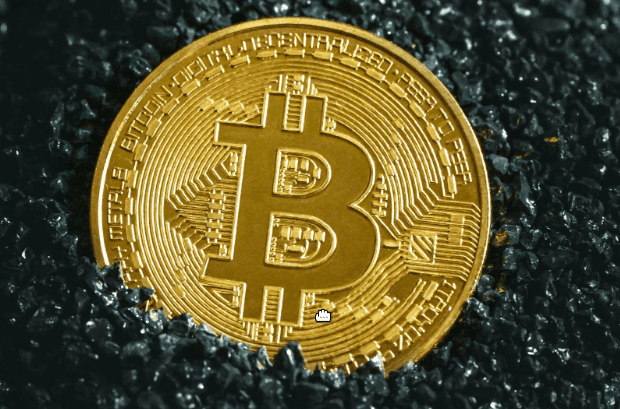A new trend is emerging across the global financial system — governments are starting to hold Bitcoin (BTC) as part of their national reserves. What began as an experiment in El Salvador is now becoming a broader global movement, with countries like the United States, United Kingdom, Germany, and Bhutan joining in, each for their own reasons. This growing interest could reshape how the world views Bitcoin, transforming it from a speculative asset into a recognized tool for financial stability.
At its core, this movement reflects a simple but powerful idea: Bitcoin can act as a hedge against inflation and national debt. As government debts soar and fiat currencies lose purchasing power, some nations are turning to Bitcoin’s limited supply for protection. With only 21 million BTC ever to exist, it represents a scarce digital resource — much like gold in earlier centuries.
The United States Leads with a Bold Plan
In the United States, Senator Cynthia Lummis has introduced the BITCOIN Act, a groundbreaking proposal for the federal government to acquire 1 million BTC over the next five years. The plan suggests funding this reserve through seized or confiscated crypto assets, making it budget-neutral — no new taxpayer dollars needed.
Supporters argue that such a reserve could protect the U.S. economy from the weakening of the U.S. dollar, now strained by over $37 trillion in national debt. The proposal echoes earlier discussions by former President Donald Trump, who once floated the idea of creating a national Bitcoin reserve to strengthen America’s foothold in the digital economy.
El Salvador: The Pioneer of Bitcoin Adoption
El Salvador remains the trailblazer in state-level Bitcoin integration. Since 2021, the country has recognized Bitcoin as legal tender, enabling its use for payments alongside the U.S. dollar. Under the leadership of President Nayib Bukele, El Salvador’s Bitcoin holdings now exceed 5,900 BTC, valued at roughly $600 million.
In a visionary move, the nation has invested in volcano-powered geothermal mining, turning natural energy into a Bitcoin production engine. This innovative approach generates revenue while supporting sustainable, green energy initiatives — a model that other developing nations may soon follow.
Europe Joins the Game: The UK and Germany’s Different Paths
Across the Atlantic, the United Kingdom has taken a quieter, more calculated approach. Through the National Crime Agency (NCA), the British government has amassed over 61,000 BTC, valued at approximately $6.5 billion — primarily from criminal seizures. While these assets weren’t initially intended as investments, the government’s decision to retain rather than liquidate them signals recognition of Bitcoin’s growing strategic value.
In contrast, Germany has been far more active in managing its digital reserves. In 2024, it sold nearly 50,000 BTC obtained from illegal operations, generating about €3 billion for its national treasury. This move showcased that even traditional financial authorities now treat Bitcoin as a liquid and legitimate asset class.
Meanwhile, Bhutan has quietly built its own Bitcoin stockpile, estimated at around 13,000 BTC, through hydropower-based mining. For the Himalayan kingdom, this represents a sustainable and forward-thinking way to diversify its economy.
A Shift in Global Finance
This wave of governmental Bitcoin accumulation reflects a profound shift in the global monetary landscape. As central banks explore Central Bank Digital Currencies (CBDCs) — digital versions of national money — Bitcoin is increasingly being viewed as a reserve backbone that could lend stability to these systems.
More than 130 countries are now developing or testing CBDCs, according to the Atlantic Council’s CBDC tracker. About 93% of central bankers view cryptocurrencies as both a potential threat and an opportunity for their economies.
| Country | Approx. BTC Holdings | Value (USD) | Acquisition Method |
|---|---|---|---|
| United States | Proposed 1,000,000 (planned) | – | Legislative proposal (BITCOIN Act) |
| El Salvador | 5,900 | $600 million | Government purchase & mining |
| United Kingdom | 61,000 | $6.5 billion | Seized crypto assets |
| Germany | 50,000 (sold) | €3 billion revenue | Seized assets sold |
| Bhutan | 13,000 | $1.3 billion | Renewable mining |
As nations begin to treat Bitcoin as a reserve asset, demand may skyrocket, potentially pushing prices into the $200,000–$250,000 range in the coming years. However, not all crypto advocates are celebrating — some warn that excessive government control could undermine Bitcoin’s decentralized ethos, concentrating too much power in state hands.
The Start of a New Financial Era — and Its Political Implications
Whether one views it as progress or cause for caution, one fact remains clear: governments are entering the Bitcoin era. From Washington’s legislative initiatives to the UK’s quiet hoarding, Bitcoin is evolving from a rebellious innovation into a strategic geopolitical asset.
This shift could have major political implications in the United States. As debates around fiscal responsibility, inflation, and digital sovereignty intensify, Bitcoin may become a defining issue in upcoming elections. Lawmakers who support Bitcoin adoption might frame it as a patriotic hedge against economic decline, while opponents could warn about the risks of legitimizing a decentralized asset that challenges the Federal Reserve’s authority.
In a polarized political climate, Bitcoin could become the next frontier in U.S. economic policy, influencing voter attitudes and reshaping the national conversation around money, technology, and power.





